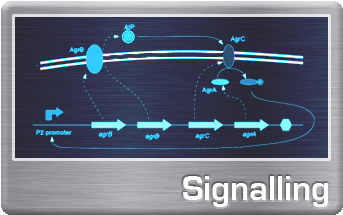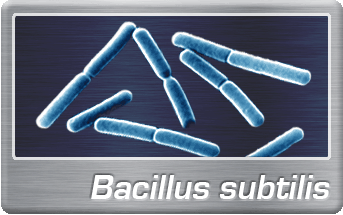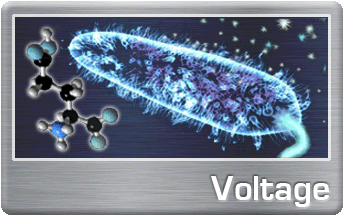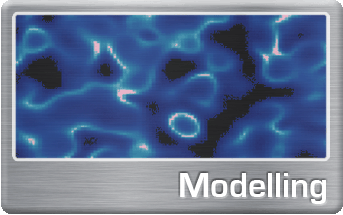Team:Cambridge
From 2008.igem.org
| Line 35: | Line 35: | ||
*[[Team:Cambridge/Modelling]]-> Xiao-Hu - done | *[[Team:Cambridge/Modelling]]-> Xiao-Hu - done | ||
*[[Team:Cambridge/Bacillus]]-> Linda - done | *[[Team:Cambridge/Bacillus]]-> Linda - done | ||
| + | *[[Team:Cambridge/Bacillus/Lab Work]]-> Linda | ||
Kath (28/10 16:55) | Kath (28/10 16:55) | ||
Revision as of 17:43, 28 October 2008
|
---To be deleted after completion of moving stuff into Wiki Start!--- MIGRATION: Note to Cambridge iGEMersWe are manually transferring all wiki text and images from OWW to this page. Please check the email you were sent for your particular subsection. Please transfer images as well as text. Transferring images requires downloading them to your computer and re-uploading them to this website. Once all the data is here, we will begin formatting everything properly with CSS and HTML. Here are temporary links to the subsections:
Kath (28/10 16:55)
---To be deleted after completion of moving stuff into Wiki End!---
This year, the Cambridge iGEM team is working towards creating an integrated Bacterial Recombinant Artificial Intelligence Network (iBRAIN). Our concept is to model eukaryotic neural behaviour using populations of bacteria. We are looking at two main aspects of this concept: self-organisation using Turing pattern formation, and synaptic signal transduction using voltage output glutamate detection (read more...)
|
Sponsors
 |
||
 |
 "
"



